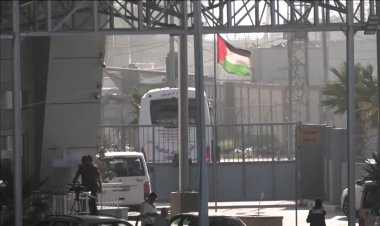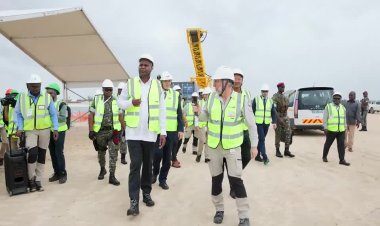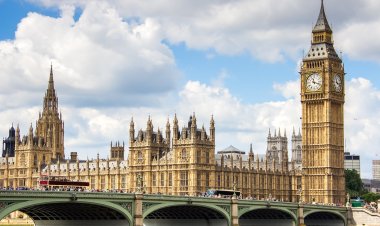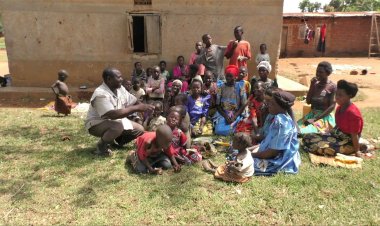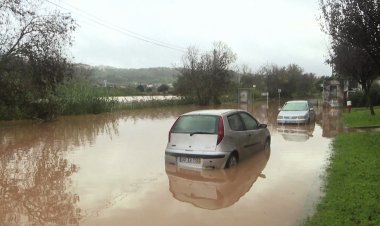Toll hits 448 in S.Africa floods, relief effort falters
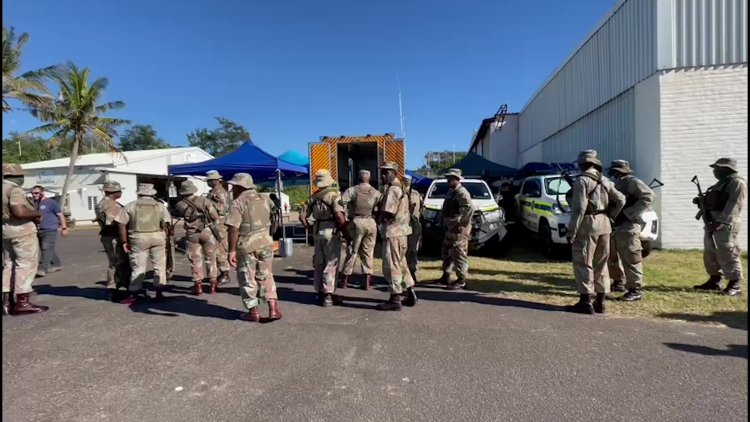
South Africa's government sought to reassure a worried public about efforts to help the east coast, where millions remained without water more than a week after deadly storms pounded the region.
Following a declaration of a national state of disaster, President Cyril Ramaphosa dispatched top ministers to the city of Durban and KwaZulu-Natal (KZN) province, where at least 448 people have now died and 40,000 are homeless.
"These floods are the worst floods that we have ever seen in living memory," Nkosazana Dlamini-Zuma, the minister in charge of disaster management, told a news conference.
More than 600 schools were damaged by the floods, with 101 rendered inaccessible.
"Literally, the only thing you can find is teachers and pupils. Material is completely gone," said Education Minister Angie Motshekga after inspecting damage at some schools in Durban, estimating the damage at 442 million rand ($30 million).
Health Minister Joe Phaahla visited the Prince Mshiyeni regional hospital, where for the past week, patients have used buckets to bathe and flush toilets.said, adding cisterns were being repaired to store water delivered by tankers.
Normally the hospital sees 2,000 patients a day.
About 100 residents of the devastated Umlazi neighbourhood waited outside the hospital, fearful that their medical records had been lost in the storm.
Several hospitals reported that files had been lost or damaged, raising fears among patients with chronic conditions.
Pravin Gordhan, the minister for public enterprises, said the Durban shipping terminal, the second-largest container port in Africa, was fully functional .
During the height of the floods last week, containers were tossed about like building blocks.
The 8,000 to 9,000 shipping containers that had been backlogged because of a damaged access road, would be cleared within a week, he said.
Key roads connecting the port to the rest of the country sustained heavy damage, creating bottlenecks for around 13,000 truckers who daily have to get goods to and from the port, serving a vast stretch of Africa as far as the Democratic Republic of Congo.
Helicopters flew low across the city, searching for dozens of people still missing. Five more bodies were recovered.
Some 10,000 troops were being deployed to assist, both with air support for search efforts and relief operations, but also with engineering, plumbing and electrical support to try to get basic services running.




